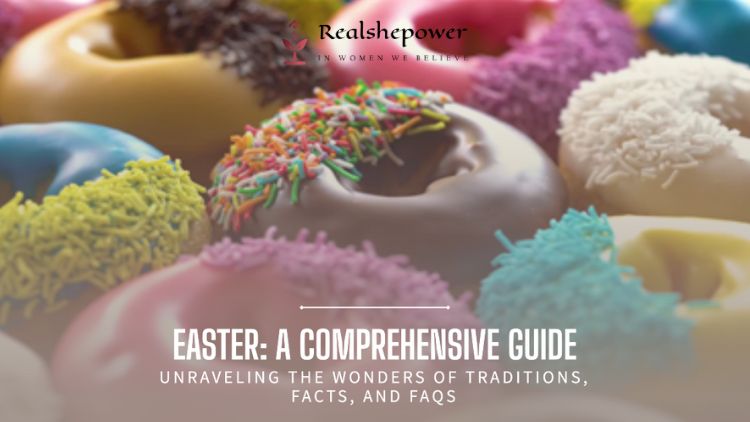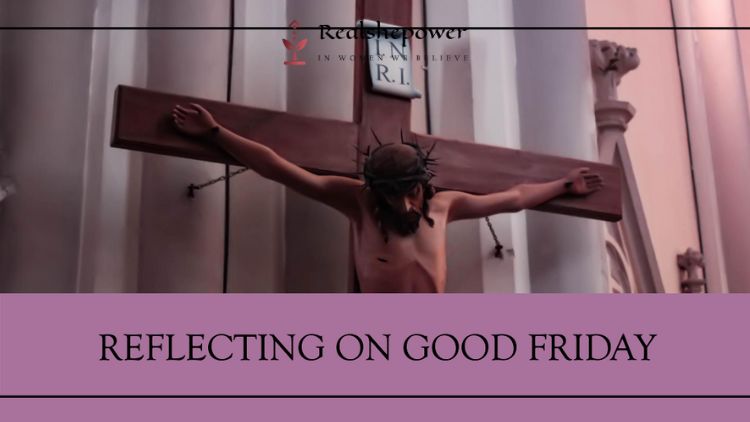Unraveling the Wonders of Easter: A Comprehensive Guide to Traditions, Facts, and FAQs


Easter, a festival and holiday celebrated by millions around the globe, intertwines the profound spiritual significance of Christianity with a tapestry of cultural traditions, embodying themes of renewal, rebirth, and joy. This article delves into the multifaceted celebration of Easter, exploring its origins, symbols, and practices, while also addressing common questions that arise about this springtime festival.
Table of Contents
The Origins of Easter
Easter’s inception is deeply rooted in Christian beliefs, commemorating the resurrection of Jesus Christ from the dead, described in the New Testament as occurring three days after his crucifixion by the Romans at Calvary c. 30 AD. It is the culmination of the Passion of Jesus, preceded by Lent, a 40-day period of fasting, prayer, and penance.
The Date of Easter
Unlike fixed holidays, the date of Easter varies each year. It is celebrated on the first Sunday following the full Moon that occurs on or after the vernal equinox (March 21). Therefore, Easter can fall anywhere between March 22 and April 25.
Easter Around the World
Easter is observed globally, but traditions and practices vary significantly:
- Western Christianity marks Easter with the Easter Vigil, Easter Sunday, and the Easter Season, extending for fifty days until Pentecost.
- Eastern Orthodoxy follows the Julian calendar for religious celebrations, often resulting in a different Easter date. Traditions include the Midnight Service and the greeting, “Christ is risen!”
Easter Symbols and Their Meanings
- Easter Eggs: Symbolizing the empty tomb of Jesus and new life, eggs are a central emblem of Easter. Decorating eggs has become a popular tradition, with variations seen across different cultures.
- The Easter Bunny: Originating among German Lutherans, the Easter Bunny, akin to Santa Claus in Christmas tradition, evaluates whether children have been good or bad, bringing eggs and candies to the good ones.
- Easter Lilies: These flowers are associated with the resurrection of Jesus due to their shape, which resembles a trumpet, heralding victory over death.
Easter Foods
Easter cuisine varies widely but often includes dishes and ingredients symbolizing spring and renewal. Lamb is a common feature in many cultures, representing Jesus as the Lamb of God. Eggs, baked into breads or made into omelets, are ubiquitous. Sweet treats and chocolates have also become integral to Easter celebrations.
Easter Activities and Customs
- Egg Hunts: Children search for eggs hidden by the Easter Bunny. Modern celebrations often include plastic eggs filled with candy or money.
- Egg Rolling: A traditional game where eggs are rolled down a hill; the survivor, whose egg remains uncracked, wins.
- Easter Parades: A feature of Easter in many cities, the most famous being the New York City Easter Parade.
FAQs About Easter
1. Why does the date of Easter change every year?
Easter’s date changes due to its determination by the lunar calendar, specifically the first Sunday after the first full Moon following the vernal equinox.
2. What is the significance of the Easter Egg?
The Easter Egg represents new life and resurrection, drawing parallels with the emergence of Jesus from the tomb and the spring season.
3. How is Easter celebrated in non-Christian countries?
In non-Christian countries, Easter may be celebrated as a cultural spring festival rather than a religious holiday, focusing on themes of renewal and family gatherings.
4. Why is Easter called Easter?
The name “Easter” is believed to have pagan origins, possibly derived from Eostre, the Anglo-Saxon goddess of spring and fertility. However, this connection is debated among scholars.
5. Can Easter fall in March?
Yes, Easter can fall as early as March 22 and as late as April 25.
Conclusion
Easter is a festival rich in symbolism, weaving together threads of spiritual significance, ancient traditions, and modern customs. Whether observed as a solemn religious holiday or a cultural celebration of spring, Easter offers a moment for reflection, renewal, and joy across the world. Through understanding its origins, traditions, and meanings, we can appreciate the depth and breadth of Easter’s influence on societies and cultures worldwide.
Good Friday: A Day of Reflection, Sacrifice, and Hope

You can now write for RSP Magazine and be a part of the community. Share your stories and opinions with us here.
